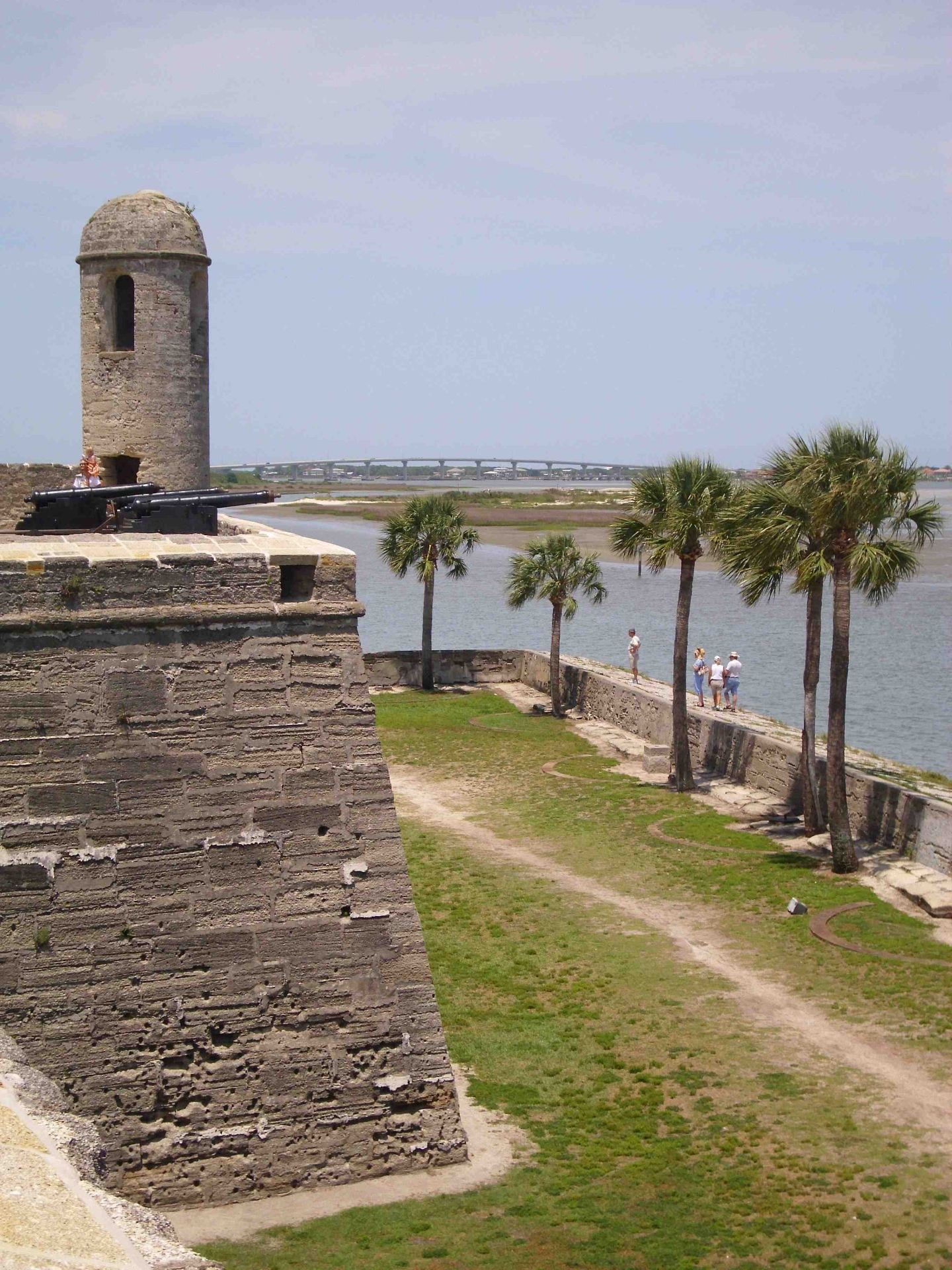
Reacting to the Past for Early Americanists – Elizabeth George
Class was over. It had been over for five minutes. I could see the next class growing restless in the hall. I interrupted a heated exchange among my students with an “ok, we’ll decide if he lives or dies next time!” The students immediately broke into smaller groups, everyone talking quickly, even as the next class came in and forced them away from the tables. This is a typical class…






